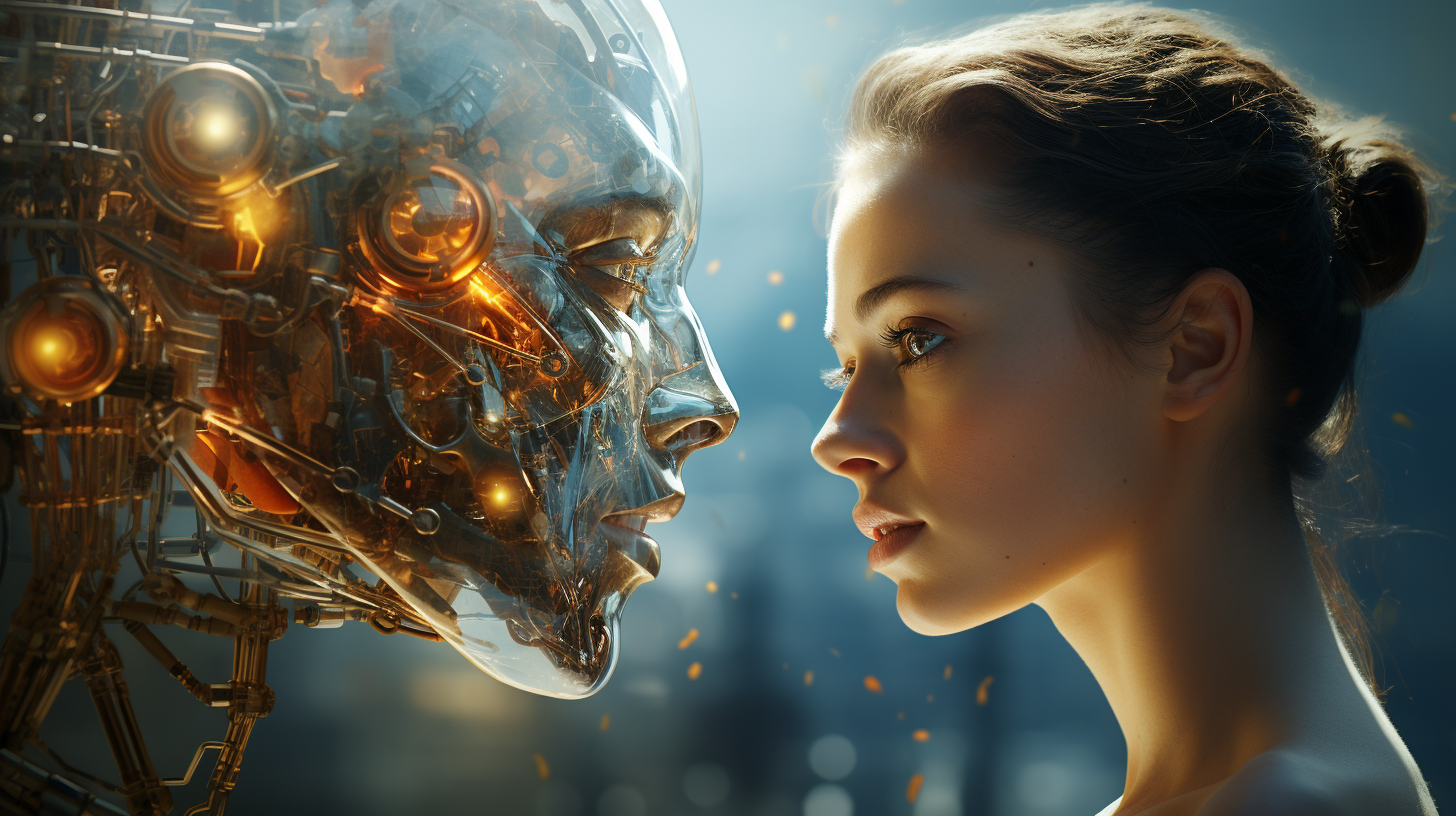Artificial Intelligence (AI), a term that was coined more than half a century ago, has transcended from the realm of science fiction to an everyday reality that influences multiple aspects of our lives. But what exactly is AI, and how did it evolve to become a significant part of our world?
Defining AI
In simple terms, AI refers to the simulation of human intelligence processes by machines, especially computer systems. These processes include learning (acquiring information and understanding it), reasoning (using rules to reach approximate or definite conclusions), and self-correction. The ultimate goal of AI is to create systems that can perform tasks that would normally require human intelligence, such as interpreting natural language, recognizing patterns, and making decisions.
Historical Milestones
The concept of AI was first introduced at the Dartmouth Conference in 1956, where a group of scientists, including John McCarthy and Marvin Minsky, proposed that “every aspect of learning or any other feature of intelligence can in principle be so precisely described that a machine can be made to simulate it.”
Since then, AI has gone through several stages of development, commonly referred to as the “AI winters” and “AI springs”. These periods were marked by waves of optimism followed by disillusionment, as expectations from AI clashed with technological and financial realities.
The turning point in AI’s history came in the late 1990s and early 2000s, when advancements in machine learning and computational power paved the way for practical applications of AI. Today, AI is embedded in various services and platforms that we use daily, from search engines like Google to voice assistants like Siri and Alexa.
The Significance of AI
In the current technological landscape, AI is no longer a fringe concept but a pivotal part of industries and domains. Whether it’s healthcare, where AI aids in disease detection and patient care, or transportation, where it powers autonomous vehicles, the impact of AI is far-reaching.
AI also has the potential to drive economic growth. According to a report by PwC, AI could contribute up to $15.7 trillion to the global economy by 2030. As AI continues to advance, its potential to reshape industries and redefine the way we work, live, and interact becomes more apparent.
AI has come a long way since its inception, evolving from an abstract concept to a game-changing reality. It’s a vast field, full of complexities and opportunities, with its future looking promising and exciting. In the subsequent sections, we’ll delve deeper into the intricacies of AI, exploring how it works, its different types, and its real-world applications. Stay tuned to journey further into the world of AI.
